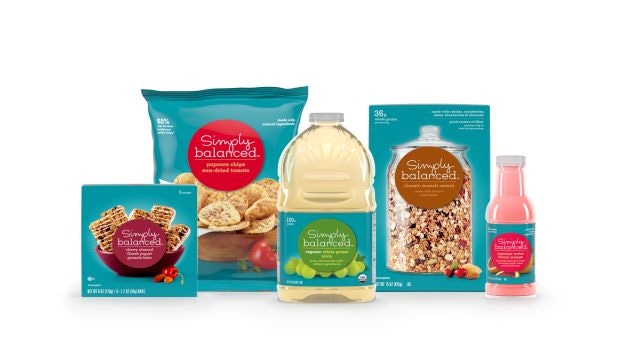Millennials Driving Private-Label Sector Growth
The quality, variety, and appearance of private-label foods continue to improve and consumers are taking note—especially Millennials, according to a new report from Mintel.
March 2, 2015

The quality, variety, and appearance of private-label foods continue to improve and consumers are taking note—especially Millennials, according to a new report from Mintel.
According to the “Private Label Foods: What’s Driving Purchase? – US, February 2015" report, brand trust, improved quality and product innovation among the top reasons shoppers are buying private-label food and beverages. Shoppers have generally positive perceptions of these products, and some view them as even more innovative than name brands. In fact, 37 percent of U.S. shoppers prefer store-brand products over brand-name products, while 42 percent of Millennials say private-label food products are more innovative than name-brand products.
What’s more, 63 percent of U.S. shoppers agree private-label products are higher quality than they used to be, including close to 70 percent of Millennials. According to the report, many U.S. shoppers agree store-brand products stack up against their name-brand counterparts both in flavor, packaging and variety of product offering, further blurring the line between the brand types.
“We’re seeing a shift in consumer thinking at the grocery store," said Mintel food analyst, Amanda Topper. “Name brand power no longer holds the most weight. Quality, price and innovation are carving out a larger portion of consumer mindshare."
Last year, Food Product Design reported that total U.S. retail sales of the overall private-label food and beverage market were $102 billion in 2013, up about 2 percent over 2012. Food products accounted for approximately 80 percent or $80 billion of overall private-label retail sales compared to beverage sales that captured 20 percent or $22 million. Sales of private-label food and beverages are predicted to reach $122 billion in 2018, due in part to the segment’s attractiveness to consumers seeking to eat healthy on a budget.
It’s important to note that cost-savings is a priority for the private-label consumer segment, but not at the expense of sacrificing quality. Mintel’s report also found enhancing private-label foods through improved quality, variety of options, and product innovation is key now and in the future.
“Along with a move toward healthier eating and better-for-you foods, many private-label food products are focusing on clean labels, with easy-to-read ingredients and product claims," Topper said. “Store brand shoppers are gravitating toward this trend seeking out store brand products that list ingredients they recognize, and feature prominent claims such as organic, low/no/reduced or made with natural ingredients, right on the packaging."
While Millennials are embracing private label, it is important not to overlook other demographic segments. Looking ahead, category growth will rely on expanding product lines with more premium options, and reaching older consumers who tend to purchase fewer private-label foods.
There is opportunity to increase category participation among older consumers, and to introduce more premium product lines featuring organic, non-GMO, and/or vegetarian products that consumers feel are lacking in the current market.
You May Also Like




.png?width=800&auto=webp&quality=80&disable=upscale)